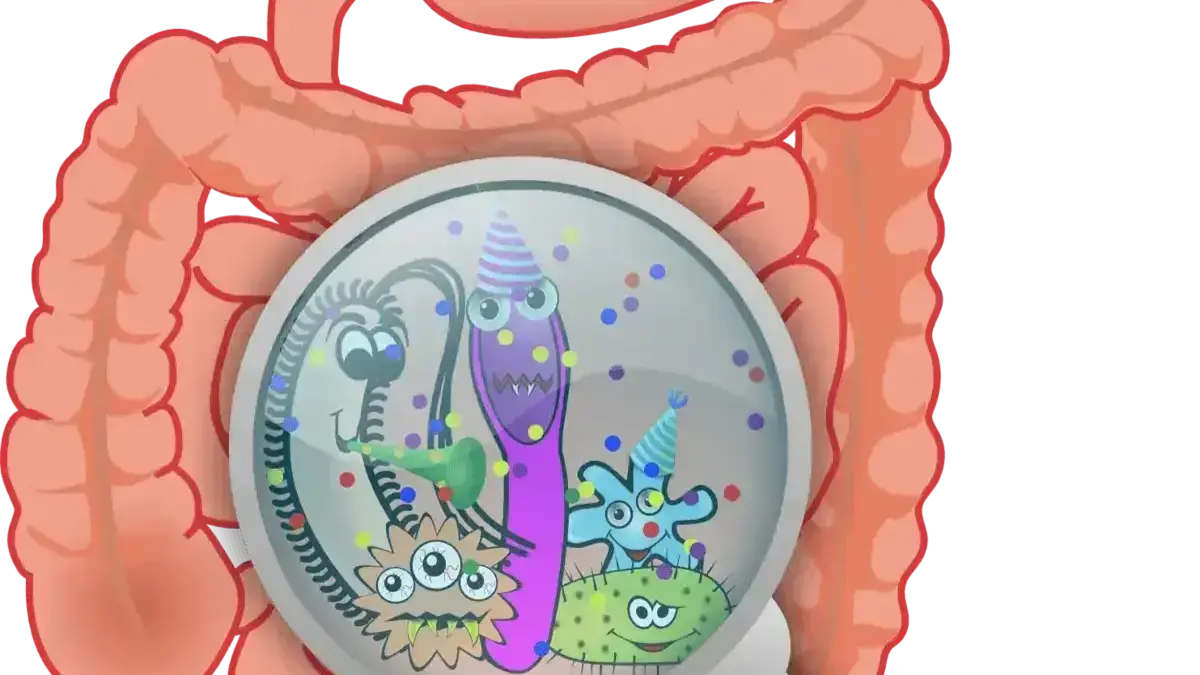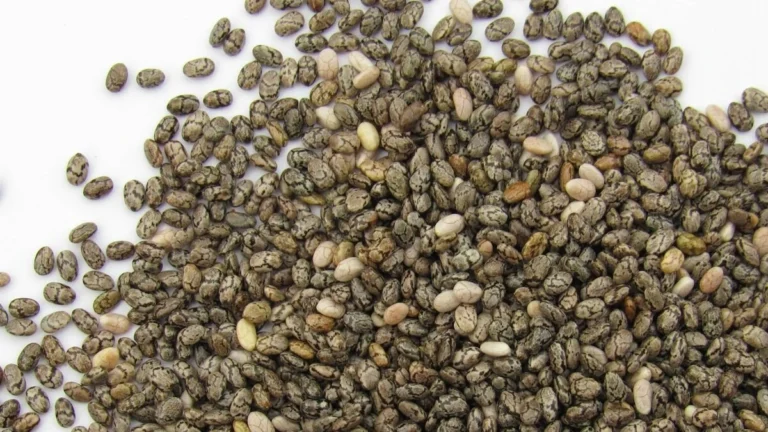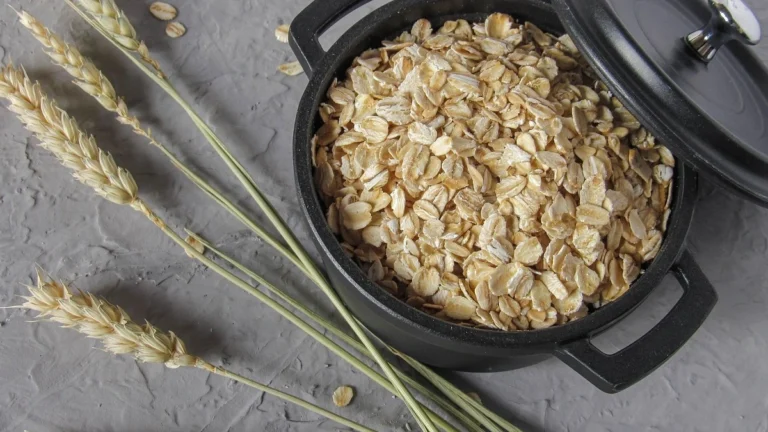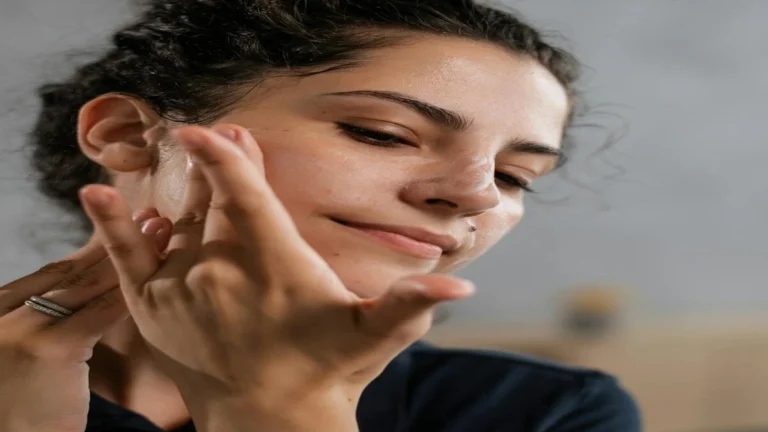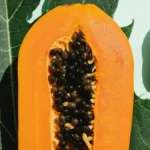We often think of cravings as just a matter of willpower, but science is revealing a deeper story. As we know, microbes belong to the microscopic world, and they have a powerful influence on our mental health and metabolic functions.
According to emerging research, gut microbes can even shape our food cravings. With this in mind, it is not surprising that gut dysbiosis may be one of the hidden drivers behind sugar cravings. Let’s explore how.
UNDERSTANDING GUT DYSBIOSIS
To begin with, gut dysbiosis is a condition characterized by an imbalance between gut-friendly microbes and harmful ones. This imbalance reduces microbial diversity and alters the composition and metabolic activities of microorganisms.
In fact, studies show that reduced microbial diversity is strongly linked to obesity, metabolic syndrome, and mood disorders (Nature Reviews Gastroenterology & Hepatology, 2020).
WHAT CAUSES DYSBIOSIS?
Dysbiosis can result from several factors. Let’s look at them step by step:
• Diet – Diets low in fiber and high in processed or sugary foods reduce beneficial bacteria. For example, a study in Cell Host & Microbe (2018) found that high-fat, low-fiber diets quickly decrease gut microbial diversity.
• Medication – Antibiotics and proton pump inhibitors (PPIs) are well documented to disrupt the gut microbiome (Gut Microbes, 2020).
• Infections and Diseases – Gut infections, diabetes, IBS, and IBD can alter microbiota composition (Frontiers in Microbiology, 2021).
• Lifestyle and Environment – Stress, poor sleep, and pollutants can also negatively affect gut health (Brain, Behavior, and Immunity, 2019).
Clearly, dysbiosis is not caused by just one thing but is often the result of combined dietary, medical, and lifestyle factors.
HOW DYSBIOSIS DRIVES SUGAR CRAVINGS
So how does dysbiosis connect to that irresistible urge for sweets? Research suggests several pathways.
1. Increased Pathogenic Microbes
When harmful microbes like Candida albicans, Prevotella, and Firmicutes multiply, they influence the brain through the gut-brain axis and intensify sugar cravings. Candida, for example, feeds on glucose and signals the brain to consume more sugar (Frontiers in Immunology, 2017).
Interestingly, a 2021 study in Cell Metabolism showed that mice missing certain gut bacteria, like Lactobacillus johnsonii and Muribaculaceae, started craving more sugar. This shows how strongly our gut microbes can influence what we want to eat.
2. Low Serotonin Levels
Next, serotonin comes into play. About 90% of serotonin is produced in the gut, and dysbiosis can reduce its levels by altering tryptophan metabolism (Annual Review of Nutrition, 2019). Since serotonin is crucial for mood and appetite regulation, low levels lead to emotional eating and sugar cravings.
3. Modification of Taste Bud Receptors
Furthermore, dysbiosis can change the way we perceive flavors. Altered signaling from microbes affects taste receptor expression in both the tongue and gut lining, increasing preference for sweet foods (Molecular Metabolism, 2020).
4. Hormonal Imbalances
The story doesn’t end there. Dysbiosis reduces short-chain fatty acids (SCFAs), which normally regulate hunger hormones. Low SCFA levels increase ghrelin (the hunger hormone) and reduce satiety hormones like GLP-1 and PYY (Nature Communications, 2020). This imbalance drives stronger hunger and cravings.
5. Gut Inflammation and Stress
In addition, low-grade inflammation caused by dysbiosis can raise cortisol levels. Elevated cortisol is well-known to increase cravings for sugar and fatty foods (Psychoneuroendocrinology, 2018).
6. Reward System Dysregulation
Finally, dysbiosis influences the brain’s reward system. Certain microbes like E. coli and Staphylococcus aureus can produce dopamine, encouraging addictive-like sugar-seeking behavior (Journal of Neuroscience Research, 2020).
OTHER REASONS FOR SUGAR CRAVINGS
Of course, dysbiosis isn’t the only explanation. Other common factors include:
• Sleep Deprivation – Lack of sleep raises cortisol and ghrelin while lowering leptin, creating the perfect setup for sugar cravings (Sleep, 2010).
• Dehydration – Even mild dehydration reduces energy metabolism and increases fatigue, often triggering sugar cravings as the body seeks quick fuel (Journal of Nutrition, 2012).
FIXING DYSBIOSIS-RELATED SUGAR CRAVINGS
The good news is that these cravings can be managed by improving gut health. Some effective approaches include:
• Limit Sugar and Processed Foods – Harmful microbes thrive on refined carbs, so reducing them helps restore balance.
• Stay Hydrated – Proper hydration supports digestion and energy metabolism.
• Manage Stress – Exercise, meditation, and connecting with loved ones improve both mental and gut health.
• Prioritize Sleep and Physical Activity – Consistent sleep and regular exercise promote microbial diversity.
• Eat Fermented Foods – Foods like yogurt, kefir, kimchi, and sauerkraut boost beneficial bacteria (Nutrients, 2019).
• Add Prebiotics and Probiotics – Prebiotic fibers (fruits, vegetables, whole grains) feed healthy bacteria, while probiotics may help reduce sugar cravings (Frontiers in Microbiology, 2020).
• Maintain a Balanced Diet – Nutrient-rich diets stabilize blood sugar levels and prevent spikes in cravings.
THE BOTTOM LINE
In summary, sugar cravings are not just about weak willpower. Scientific evidence clearly shows that gut dysbiosis affects cravings through multiple mechanisms from brain reward pathways to hunger hormones and serotonin levels.
Balancing the gut microbiome with fiber-rich foods, probiotics, proper hydration, quality sleep, and stress management is a crucial step toward reducing sugar cravings and building a healthier lifestyle.
FAQs
1. Can gut dysbiosis really cause sugar cravings?
Yes. Research shows imbalanced gut microbes can alter hormones and brain signals, increasing sugar cravings.
2. How does dysbiosis affect my brain?
Gut bacteria produce neurotransmitters like serotonin and dopamine. When dysbiosis occurs, these signals get disrupted, leading to mood swings and stronger cravings.
3. Can probiotics reduce sugar cravings?
Yes. Probiotics help restore balance in the gut microbiota, which may lower cravings and improve digestion.
4. What foods worsen dysbiosis?
Highly processed foods, refined sugar, and low-fiber diets encourage harmful bacteria growth, worsening imbalance.
5. Can stress make sugar cravings worse?
Absolutely. Stress hormones like cortisol affect the gut microbiome, fueling both dysbiosis and cravings.
6. How long does it take to fix dysbiosis?
It varies. With dietary changes, probiotics, and lifestyle support, improvements may be noticed within weeks, though full balance can take months.
7. Is dysbiosis linked to weight gain?
Yes. Dysbiosis can increase appetite, cravings, and fat storage, all of which contribute to weight gain.
8. Can exercise help balance gut health?
Moderate regular exercise improves microbial diversity and may help reduce sugar cravings.
DISCLAIMER
This content is for educational purposes only and should not replace professional medical advice. Always consult a healthcare provider for personalized guidance.
CALL TO ACTION
Want to take control of your cravings naturally? Start by supporting your gut health today choose whole foods, stay hydrated, and add probiotics to your diet.
Read more: https://pharmahealths.com/carrot-kanji-plant-based-probiotic/
REFERENCES
1. Candida overgrowth and sugar cravings: Samaranayake LP, MacFarlane TW. Candida and candidiasis: their ecological and nutritional interactions in the gut. Front Microbiol. 2017;8: 2500.
2. Lactobacillus and Muribaculaceae influencing sugar preference in mice: Gutiérrez-Castrellón P, et al. Probiotics and food preference modulation in mice. Cell Metab. 2021;33(5):999–1012.
3. Dysbiosis and serotonin metabolism: O’Mahony SM, et al. Serotonin, tryptophan metabolism, and gut microbiota: Implications for mental health. Annu Rev Nutr. 2019; 39:231–254.
4. Taste receptor modulation by gut microbes: Chen J, et al. Gut microbiota regulates sweet taste perception via taste receptor modulation. Mol Metab. 2020; 42:101080.
5. Microbiome diversity, SCFAs, and hunger hormones: Koh A, et al. Microbial metabolites, short-chain fatty acids, and appetite regulation. Nat Commun. 2020; 11:1988.
6. Dysbiosis, inflammation, and cortisol: Koren O, et al. Gut microbiota and stress-induced inflammation. Psychoneuroendocrinology. 2018; 91:14–23.
7. Gut microbes and dopamine/reward system: Strandwitz P. Neurotransmitter modulation by the human gut microbiota. J Neurosci Res. 2020;98(3):456–466.
